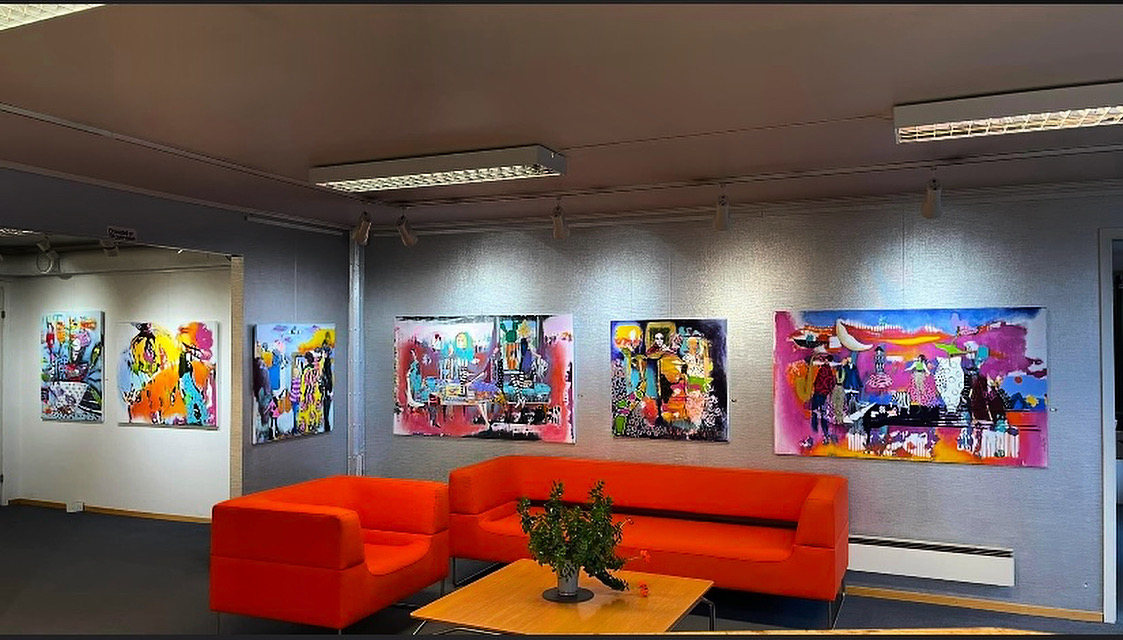Accessibility in modern gaming design goes far beyond simple compliance—it is the foundation of inclusive experiences that allow every player to engage deeply with digital worlds. Defining accessibility as inclusive design means creating games that adapt to diverse physical, sensory, and cognitive needs while preserving meaningful engagement. As the industry evolves, accessibility increasingly centers on usability and emotional connection, recognizing that meaningful play is possible for everyone.
One of the most compelling ways to explore this is through narrative frameworks rooted in cultural history. Greek mythology, with its timeless themes of struggle, fate, and transformation, offers a powerful canvas. Its dramatic tension and rich symbolism enable designers to craft emotionally resonant stories that naturally support diverse players, from those with learning differences to those seeking narrative depth.
Core Principles of Accessible Game Design
Accessible game design rests on three key pillars: adaptive controls, sensory support, and narrative flexibility. Adaptive controls—such as remappable buttons, assist modes, and dynamic sensitivity settings—empower players with motor differences to shape their gameplay on their own terms. Clear visual and audio cues, including color contrast, subtitles, and non-verbal feedback, assist players with sensory or cognitive variations, ensuring no one is excluded by perception. Dynamic difficulty balancing and branching narratives let players progress at their own pace, matching challenges to individual skill and preference.
Le Zeus as a Case Study in Inclusive Gaming Excellence
Le Zeus stands as a shining example of how high performance and inclusive design can coexist seamlessly. With a 96.26% return-to-player (RTP) rate and a top-tier win potential of 20,000x, it matches leading platforms in engagement and reliability—without sacrificing accessibility. Its design integrates Greek tragedy and comedy—core elements of ancient theatre—not as decoration, but as integral narrative devices that deepen immersion and emotional resonance.
By embedding accessibility within its storytelling, Le Zeus demonstrates that meaningful gameplay extends beyond mechanics. Visual storytelling, emotional pacing, and tonal shifts mirror theatrical rhythms, allowing players to regulate intensity and flow. This mirrors the cathartic experience of Greek drama—where tension builds, releases, and transforms—making the game accessible not just in control, but in emotional impact.
From Mechanics to Meaning: Accessibility Beyond Functionality
Accessibility thrives when it enhances, rather than limits, the player experience. Like the tragic arcs of Greek myths, modern games benefit from structured emotional pacing—balancing challenge and clarity to support cognitive engagement. Visual storytelling and tone shifts empower players to shape their emotional journey, fostering agency and deeper connection. This reflects ancient ideals of catharsis, reimagined for inclusive play where tension is navigable, and clarity remains accessible.
Cultural Resonance and Universal Design
Using mythic narratives like Le Zeus bridges cultural depth with universal design principles. Mythology’s familiar archetypes and timeless themes provide a shared emotional foundation, making stories accessible across age, background, and ability. The game’s success proves that accessibility does not dilute storytelling—it elevates it, creating experiences where every player feels seen and engaged.
- Mythic narratives reduce barriers to understanding, supporting diverse audiences
- Emotional resonance builds empathy and immersion, key for inclusive engagement
- Performance parity (96.26% RTP, 20,000x win potential) proves accessibility and excellence coexist
“Accessibility is not a barrier to great storytelling—it is the stage on which it truly shines.”
Challenges and Future Directions
Despite impressive technical performance, gaps remain in fully realizing inclusive design. High RTP and win potential alone do not guarantee accessibility; subtle cues and adaptive systems must be seamlessly integrated. Le Zeus inspires the industry to move beyond compliance toward narrative-driven inclusive design, where cultural richness and user-centered innovation converge to create lasting player connection.
Developers must continue merging deep storytelling with intuitive, adaptive systems—ensuring cultural depth and accessibility are not separate goals, but interwoven strengths. As Le Zeus shows, when accessibility is designed with heart, it becomes the invisible thread that holds every player’s journey together.
| Key Accessibility Pillars | Adaptive controls, sensory cues, dynamic difficulty |
|---|---|
| Performance Benchmark | 96.26% RTP, 20,000x win potential |
| Narrative Integration | Greek tragedy and comedy as emotional anchors |
- Customizable input systems support players with motor diversity
- Visual storytelling and tone modulation enhance emotional control
- Narrative flexibility allows diverse engagement paces and styles
